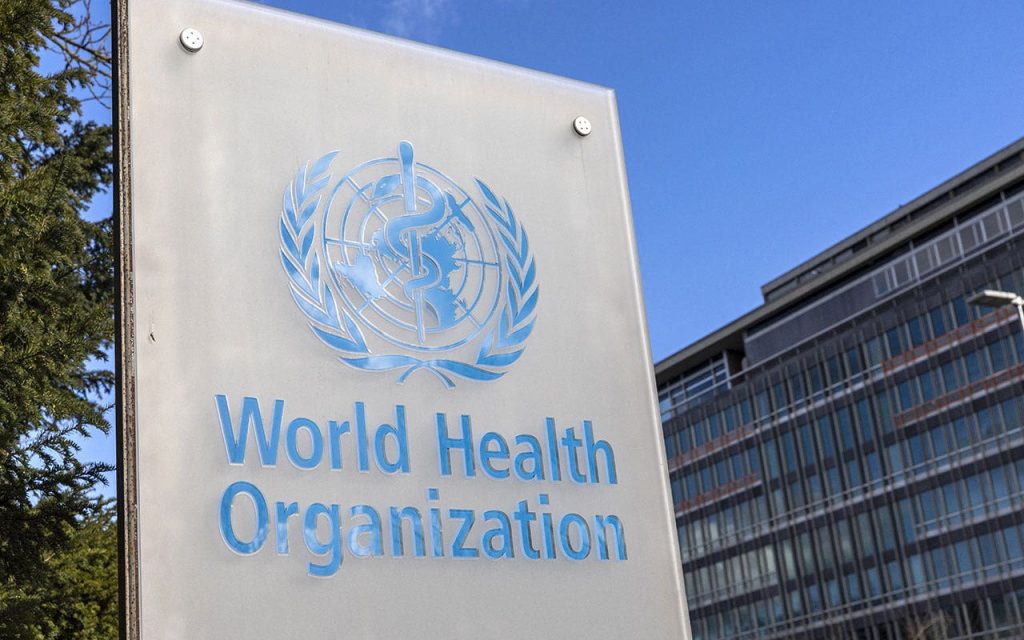Two dozen Republican governors have expressed their opposition to granting the World Health Organization (WHO) unprecedented and unconstitutional authority in the case of a global pandemic. The governors sent a letter to President Biden outlining their concerns about two proposals currently under negotiation that would elevate the WHO from an advisory body to a global authority in public health. These proposals seek to amend the WHO’s International Health Regulations and establish a new “Pandemic Agreement” Treaty, giving the WHO Director-General unilateral power to declare a public health emergency of international concern in member nations. The governors are committed to resisting any attempts to transfer authority to the WHO over public policy affecting their citizens or allowing the WHO to assert such authority over them.
Governors who signed the letter include Ron DeSantis of Florida, Kay Ivey of Alabama, Mike Dunleavy of Alaska, Eric Holcomb of Indiana, Kristi Noem of South Dakota, Bill Lee of Tennessee, Jim Justice of West Virginia, and Kim Reynolds of Iowa, among others. The concerns raised by the governors also include the establishment of a global surveillance infrastructure and requirements for member states to censor speech related to public health, potentially facilitating the proliferation of biological weapons. The governors believe that the proposed WHO agreement would radically change the way they are able to respond to health emergencies in their states and are standing firm in their opposition to these proposals.
Earlier this month, Sen. Ron Johnson led the entire Republican Senate conference in calling on President Biden to reject agreements that would expand the authority of the WHO in the case of a global pandemic. The World Health Assembly (WHA) is upcoming, and international agreements are expected to be considered during the meeting. While Biden’s administration has committed to enhancing global coordination to combat pandemics, they have also expressed concerns about aspects of the potential WHO treaty, particularly in relation to pharmaceutical patents. The White House and WHO have not provided immediate comment on the issue.
Overall, the Republican governors and senators are united in their opposition to granting the WHO extensive authority in the case of another global pandemic. They believe that such agreements would infringe on their ability to respond to health emergencies in their states and potentially lead to the proliferation of biological weapons. While the Biden administration has expressed a commitment to global coordination in combating pandemics, they have also raised concerns about certain aspects of the WHO’s proposed treaty. The issue is expected to be discussed at the upcoming World Health Assembly, where decisions on international agreements will be made.


